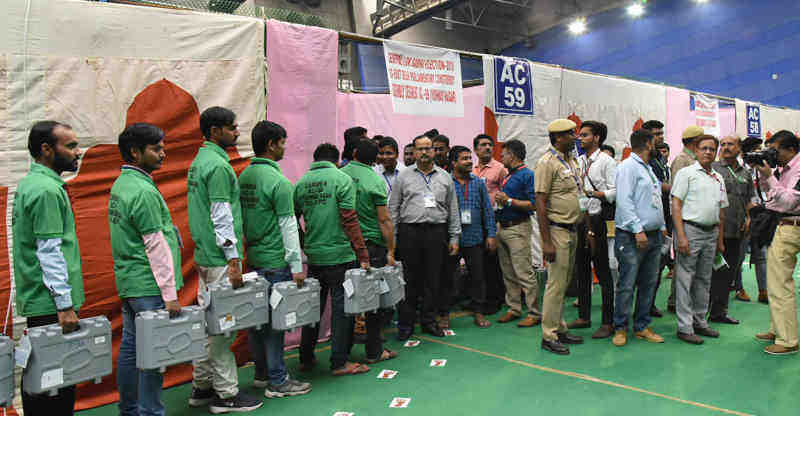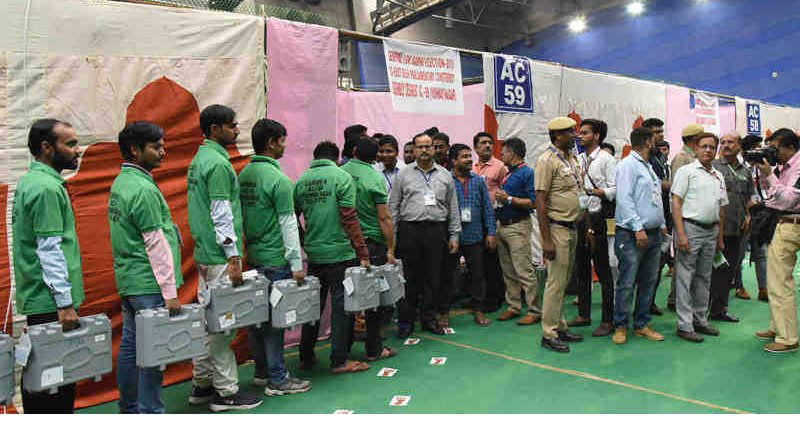Petition Filed in Supreme Court to Check EVM Frauds in Elections

It is largely believed that Prime Minister Narendra Modi’s party BJP committed large-scale EVM tampering to win the 2019 Lok Sabha election.
By Rakesh Raman
The Association For Democratic Reforms (ADR) – a leading election research organization in India – has filed a petition in the Supreme Court regarding flaws in using electronic voting machines (EVMs) in Indian election.
The petition has urged the court to direct the Election Commission of India (ECI) to conduct actual and accurate reconciliation of (votes) data before the declaration of the final result of any election. It also appeals for an investigation into all such discrepancies in the data related to the 2019 Lok Sabha election results.
The petition filed on November 15 claims that there are numerous discrepancies in the number of voters and the votes counted in different constituencies.
According to the petition, the discrepancies have been found in the 347 of the 542 constituencies where the recent Lok Sabha election took place. It adds that the difference in vote count ranges from 1 vote to over 100,000 votes.
Research Paper on EVMs
You can click here to download the following research paper.
Research Paper: Attack of the Machines on Democracy In India
How EVMs Are Manipulated to Win Elections
It is largely believed that Prime Minister Narendra Modi’s party BJP committed large-scale EVM tampering to win the 2019 Lok Sabha election. The field reports suggest that without EVM manipulations, BJP would not have won even 100 Lok Sabha seats. But with EVM fraud, it is alleged, Modi’s party managed to win 303 of the 543 Lok Sabha seats.
Tech experts suggest that besides other manipulations, the chip used in the EVMs was not of OTP (One Time Programmable) category. That means, it can be programmed in each EVM to change the vote count in favor of a particular candidate.
The opposition parties were vociferously opposing the use of EVMs before the election with allegations that BJP colludes with the ECI to tamper with the voting machines to win elections. But when the election results were declared in May 2019 and BJP won, all opposition parties went into a state of stony silence and did not challenge the results.
By Rakesh Raman, who is a national award-winning journalist and social activist. He is the founder of a humanitarian organization RMN Foundation which is working in diverse areas to help the disadvantaged and distressed people in the society. He also creates and publishes a number of digital publications on different subjects.




